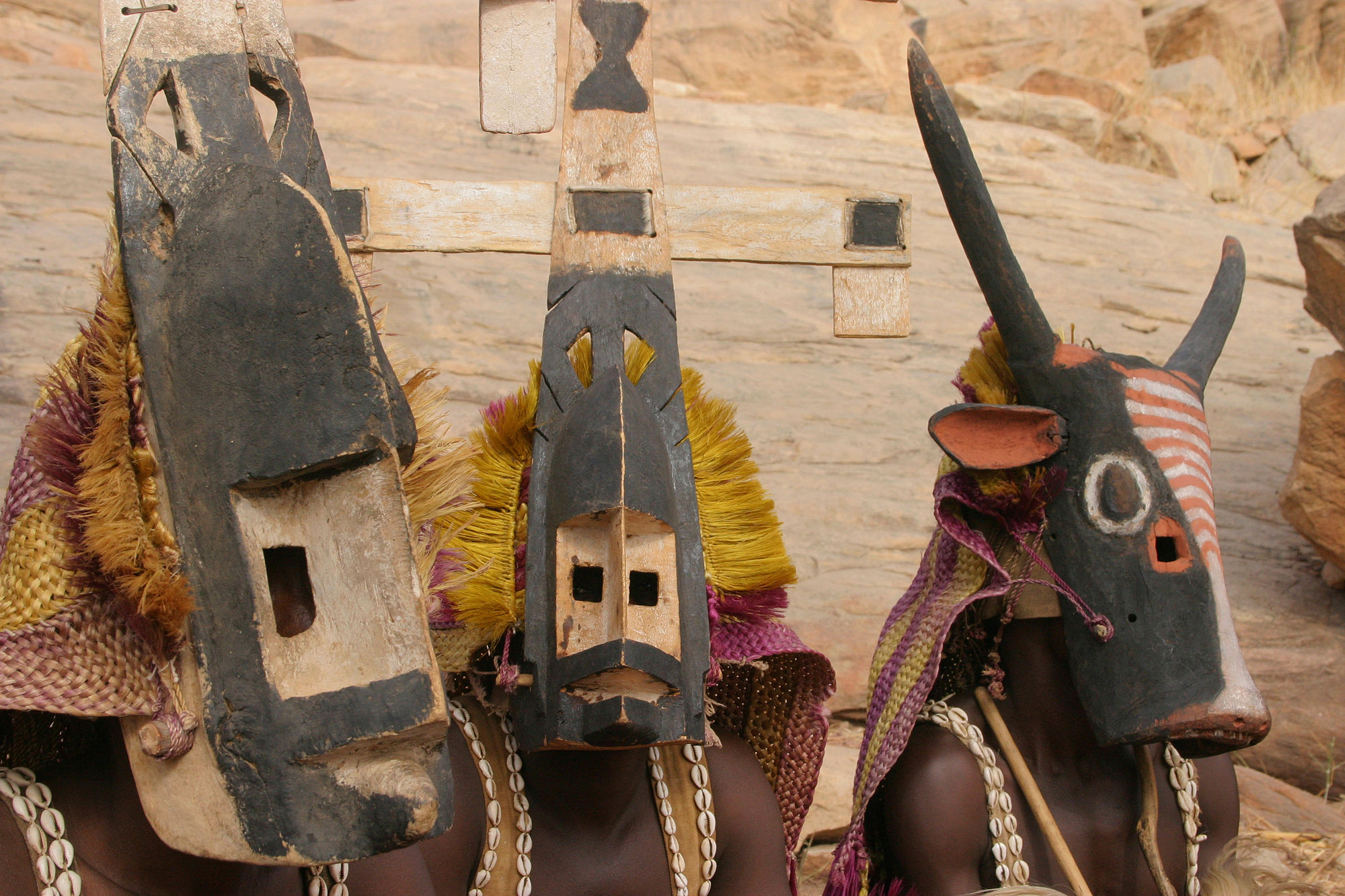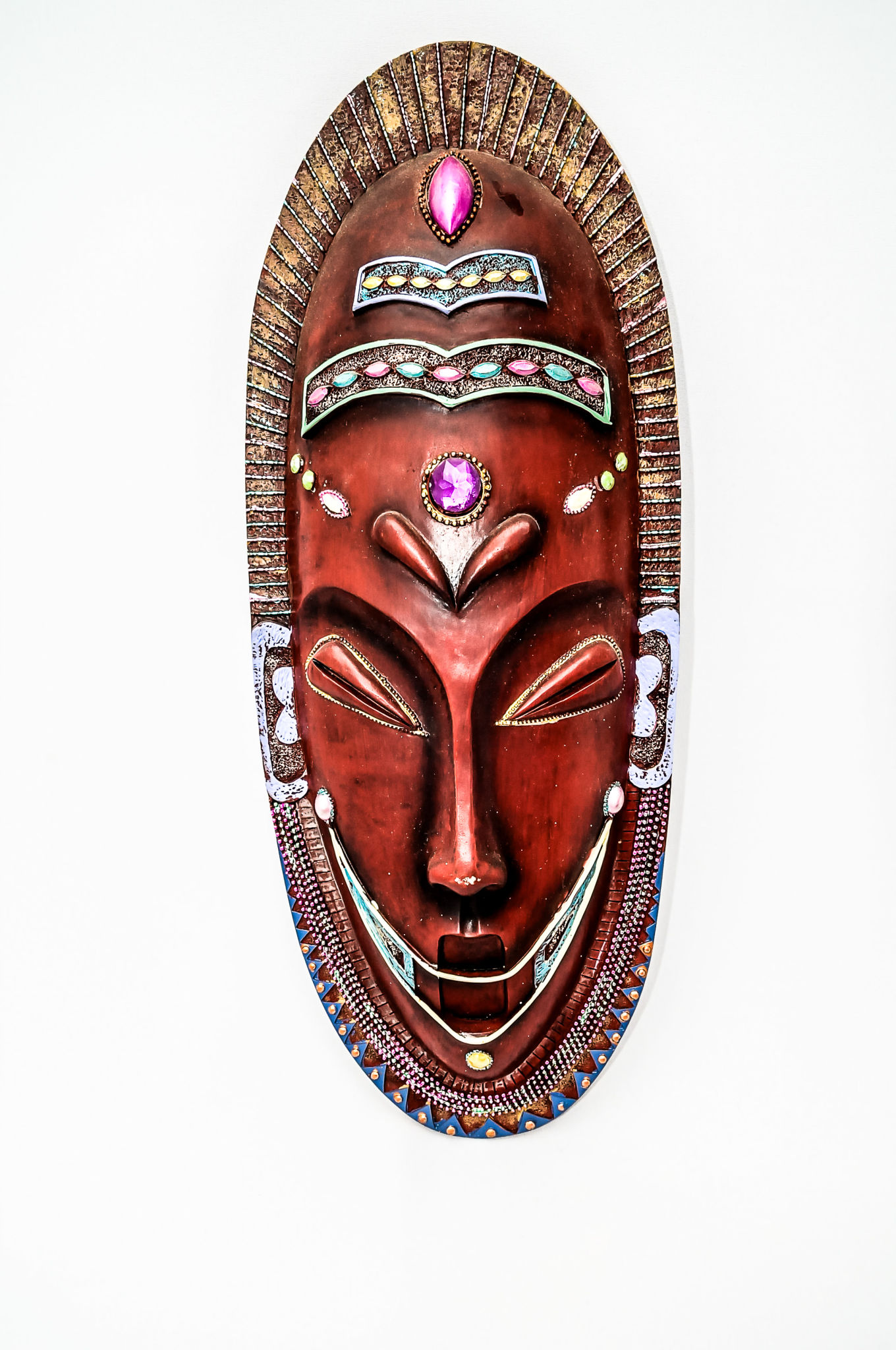A Guide to Understanding African Masks and Their Cultural Significance
Introduction to African Masks
African masks are not merely artistic expressions but hold deep cultural significance. They are used in various rituals, ceremonies, and celebrations throughout the African continent. Understanding these masks offers insight into the diverse cultures and traditions that create them.

The Cultural Importance of African Masks
African masks are more than just decorative pieces; they are integral to the cultural identity of many African communities. These masks often represent the spirits of ancestors, gods, or mythological figures and are used in ceremonies to connect the physical and spiritual worlds. The use of masks in rituals signifies their importance in traditional African beliefs.
Rituals and Ceremonies
Masks play a crucial role in rituals such as initiations, weddings, funerals, and harvest celebrations. During these events, masked dancers perform to convey messages, tell stories, or invoke spiritual presence. The dance and mask together create a powerful expression that is both visually captivating and culturally significant.

Types of African Masks
African masks vary widely across regions and tribes, each with its unique style and purpose. Common types include:
- Face Masks: Covering only the front of the face, these are often used in dances and ceremonies.
- Helmet Masks: Encompassing the entire head, they provide a more immersive transformation for the wearer.
- Crest Masks: Worn on top of the head, these masks often depict animals or other significant symbols.

Materials and Craftsmanship
The materials used to create African masks are chosen for their symbolic meaning and availability. Common materials include wood, ivory, terracotta, metal, and leather. The craftsmanship involved in creating these masks is highly skilled, often passed down through generations. Each mask's intricate design reflects the artistry and cultural heritage of its makers.
Symbolism in African Masks
Every element of an African mask carries symbolic meaning. Colors, shapes, and patterns are chosen deliberately to convey specific messages or attributes. For example, red may symbolize danger or strength, while white might represent purity or peace. Understanding these symbols helps in appreciating the deeper meaning behind each mask's design.
Animal Representations
Many African masks depict animals, which hold significant meaning in their respective cultures. Animals like lions, elephants, and birds are common motifs. These representations can symbolize traits like courage, wisdom, or freedom. The chosen animal often reflects the qualities that the community admires or wishes to embody during ceremonies.

The Role of Masks in Modern Times
In contemporary Africa, masks continue to be an essential part of cultural expression. While traditional uses persist, many artists incorporate modern influences into their designs, creating a fusion of old and new. This evolution allows African masks to remain relevant and appreciated worldwide as both cultural artifacts and artistic masterpieces.
In conclusion, African masks offer a fascinating glimpse into the rich tapestry of traditions across the continent. By understanding their cultural significance, symbolism, and craftsmanship, we can gain a deeper appreciation for these remarkable art forms.
